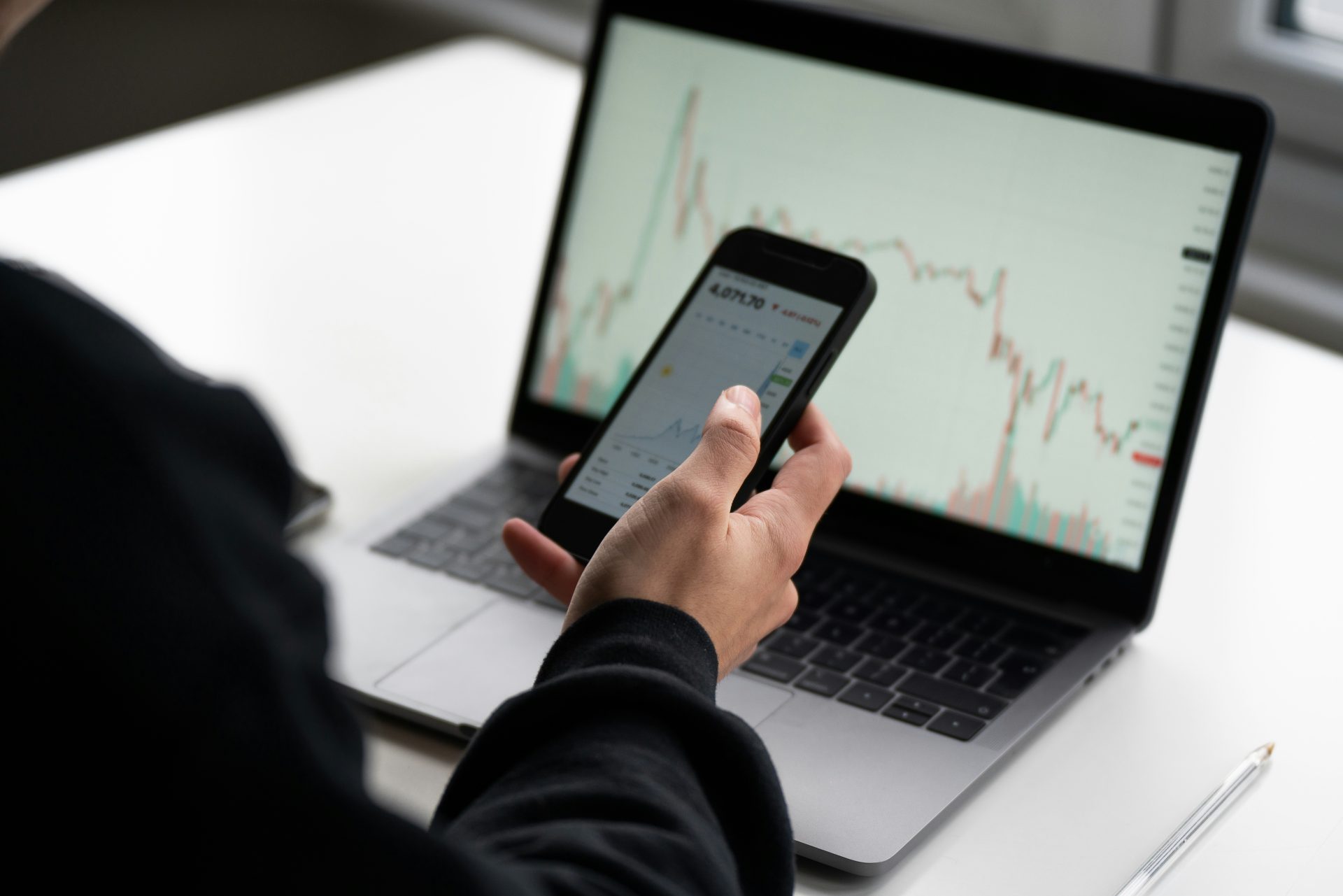
AI and CFD Trading: Experts from GF Limited Review Your Opportunities
The intersection of artificial intelligence (AI) and contract for difference (CFD) trading is reshaping how traders engage in the markets. As digital tools grow increasingly sophisticated, AI has emerged as a game-changer in how traders analyze, strategize, and execute positions across asset classes.
Experts from GF Limited, a leading CFD broker, share how AI is enhancing opportunities for traders seeking efficiency, accuracy, and a deeper understanding of market behavior.
Precision and Speed in Market Analysis
One of the most notable advantages AI brings to CFD trading is its ability to analyze vast datasets in real-time. Traditional methods of market analysis often rely on manual chart review and delayed economic indicators. In contrast, AI-driven systems can process thousands of data points (price trends, volume shifts, economic news, and even social sentiment) within seconds.
Traders now have access to trading platforms integrating AI tools that help identify patterns and anomalies, offering a clearer picture of market dynamics. These tools not only flag potential movements but also adapt as new data becomes available, making them especially valuable in the volatile environments CFD trading often navigates.
Automation and Strategy Optimization
AI-powered trading bots and algorithms have become increasingly popular for executing CFD trades based on predefined parameters. This level of automation minimizes emotional decision-making and helps enforce disciplined strategies, especially in fast-moving markets where timing is critical.
According to analysts at GF Limited, machine learning models can also refine strategies over time by analyzing historical data and learning from past trades. This kind of iterative improvement is about speed and also about evolving to meet current market conditions without constant manual input.
Enhanced Risk Management
Risk management is central to any successful trading approach, and AI significantly enhances this capability. By continuously monitoring open positions and market volatility, AI tools can provide real-time risk assessments and recommend adjustments to exposure or stop-loss levels.
Platforms often use AI to simulate “what-if” scenarios based on a range of market conditions. This allows traders to test the resilience of their strategies before applying them in live markets. It also aids in understanding how external factors (like geopolitical shifts or major economic announcements) might influence positions.
Personalization and Learning Curve Reduction
Another underappreciated aspect of AI in CFD trading is personalization. Intelligent systems can tailor dashboard layouts, news feeds, and alerts based on individual trading behavior. For newer traders, this guidance can dramatically reduce the learning curve, providing insights that might take years to uncover using conventional methods.
GF Limited emphasizes the importance of this accessibility. By simplifying complex analytics into actionable information, AI makes it possible for traders at different experience levels to engage more confidently and systematically with CFD markets.
Conclusion
Artificial intelligence is becoming a fundamental component for online traders. From data analysis and strategy development to real-time risk management and user personalization, AI empowers traders with tools that were previously only available to institutional desks. As GF Limited experts state, the role of AI in CFD trading is set to grow, offering more refined, responsive, and efficient pathways to navigate global markets.



 Bitcoin
Bitcoin  Ethereum
Ethereum  Tether
Tether  XRP
XRP  USDC
USDC  Wrapped SOL
Wrapped SOL  TRON
TRON  Lido Staked Ether
Lido Staked Ether  Cardano
Cardano  Avalanche
Avalanche  Toncoin
Toncoin